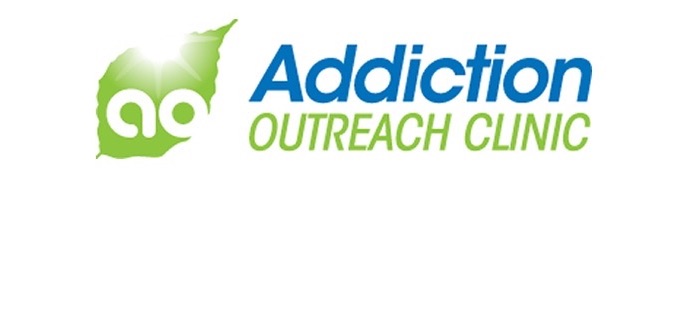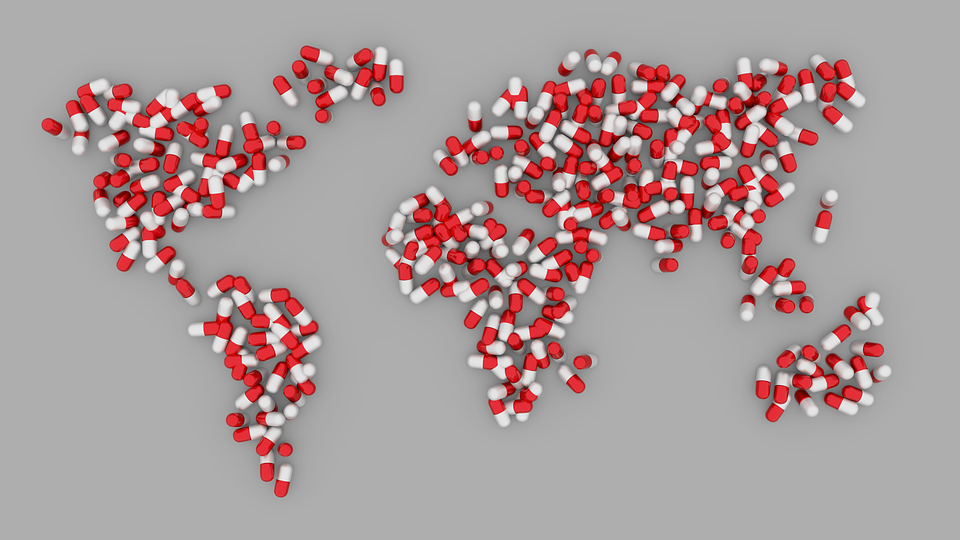Enabling Opioid Addiction: The Fine Line
 Enabling. There is such a thin line between helping and enabling drug addicts when you love and care about someone with an opioid addiction. Where does one stop and the other begin? The alcoholic or addict has great difficulty admitting that they have an addiction problem. This is also the case for the enabler to accept that they are actually addicted to enabling.
Enabling. There is such a thin line between helping and enabling drug addicts when you love and care about someone with an opioid addiction. Where does one stop and the other begin? The alcoholic or addict has great difficulty admitting that they have an addiction problem. This is also the case for the enabler to accept that they are actually addicted to enabling.
How Do You Know If You’re Enabling Opioid Addiction?
Are you affected by a loved one’s addiction and would do anything for them?
Do you find yourself responsible for their actions and behaviors?
Do you blame yourself for their drug use or drinking?
If you are a parent you may have said these words: “Where did I go wrong.” I can remember saying, “If only I were a better spouse.”
First let’s define enabling: Enabling is the process by which family members, such as partners, parents, or children, “enable” an addicted person to continue in their addiction, by failing to set appropriate boundaries, paying their rent, bills etc, bailing them out of jail, and making excuses for them. Enabling is doing something for someone else that they SHOULD be doing for themselves.
Some examples of enabling behaviors:
- Repeatedly bailing them out of financial problems
- Avoiding problems-You try to keep the peace and ignore the problem thinking it will go away(but over time it only gets worse)
- Buying them a cell phone because they lost theirs
- Driving them to work when they lost their license or doing errands for them
- Paying their bills, rent etc when they say they don’t have any money
- Running to their every beck & call
- Trying to control their problem
- In a nutshell, doing for them what they should be doing for themselves
You may be saying to yourself but I’m just helping them out. “I’ll help out just this one time and that’s it.” No, my friends, this is how the codependency pattern starts and then you find yourself stuck in this pattern and can’t let go. You want to believe that bailing them out is actually helping.
How to Love an Addict Without Enabling?
So what is helping? Helping is defined as doing something for someone else that they are not capable or unable to do for themselves. For example, a person just had hip surgery and they can’t drive. Helping them out would be buying some groceries for them because they can’t do this themselves.
Please realize that when we “help” the person who has the substance abuse problem, we make it easy for them to avoid the consequences of their drinking/drugging and their actions.
The best way to actually help for opioid addiction is to find a professional drug addiction specialist, at a trusted outpatient drug rehab center.
Protection is Encouragement
In protecting the person with the addiction problem, you encourage them to continue with their destructive behavior. They have learned that someone will always rescue them from their mistakes and they will never learn to be independent and take responsibility for their behaviors or actions.
If you find yourself in a pattern of enabling (and this can happen even when alcohol/drugs are not involved), first don’t beat yourself up! You were doing the best you could in a difficult situation.
Enablers are nurturing, loving people. They want to protect the addict.
Give yourself permission to let go of the feeling of being responsible for another person’s actions. This really has nothing to do with you (I know that is hard to hear!)
Once you stop enabling, you give the addict an opportunity to heal and step into their own recovery.
We’re here to help…
Whether treatment is for you, a family member or a friend, we are happy to speak with you about our outpatient drug treatment program, and how AOC can help patients with their opioid addiction recovery. Since 2007, AOC has helped thousands of patients on their path to recovery.
Please read more about AOC, or call us at 330-259-4849, or email to schedule an appointment – it’s fast, easy and confidential.










Leave a Reply
Want to join the discussion?Feel free to contribute!